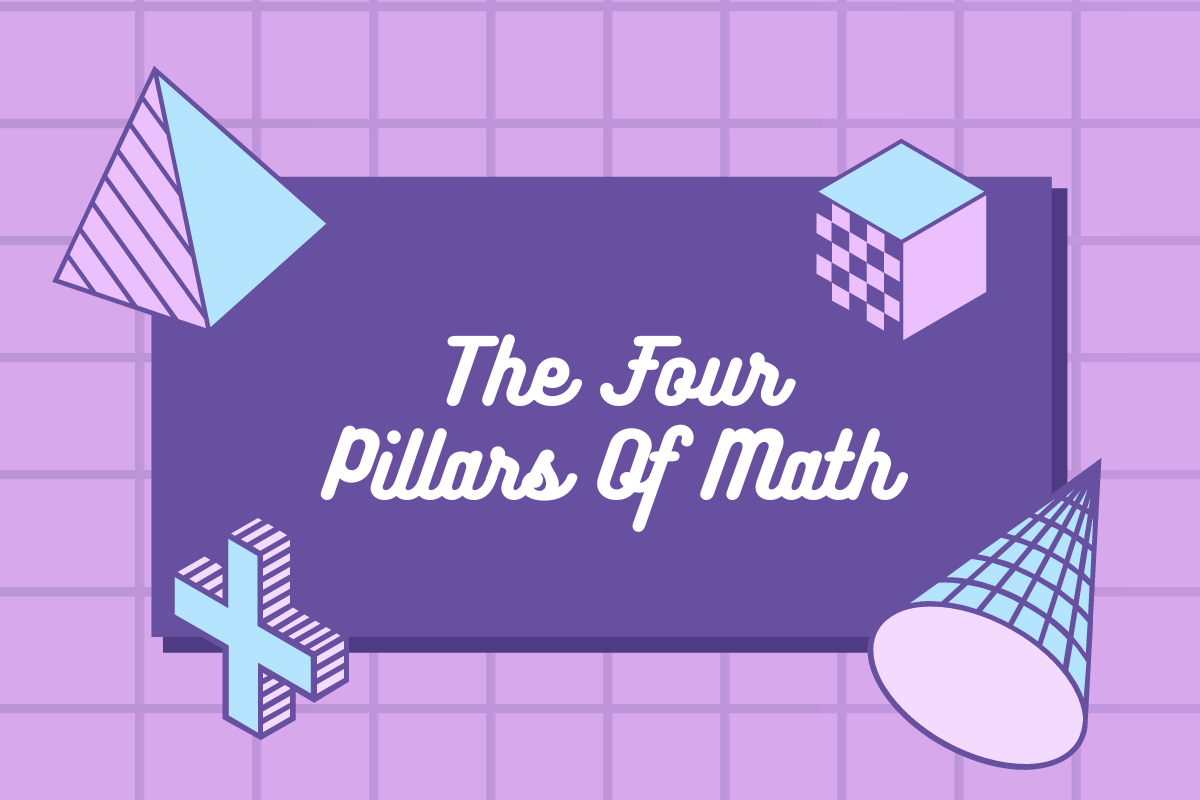In order for children to learn and grow, it is important for them to engage in collaborative activities. Collaboration allows children to develop social skills, learn how to work with others, and think outside of the box. Students can share ideas, solve problems together, and build relationships with classmates through collaboration. A World Of Possibilities […]








